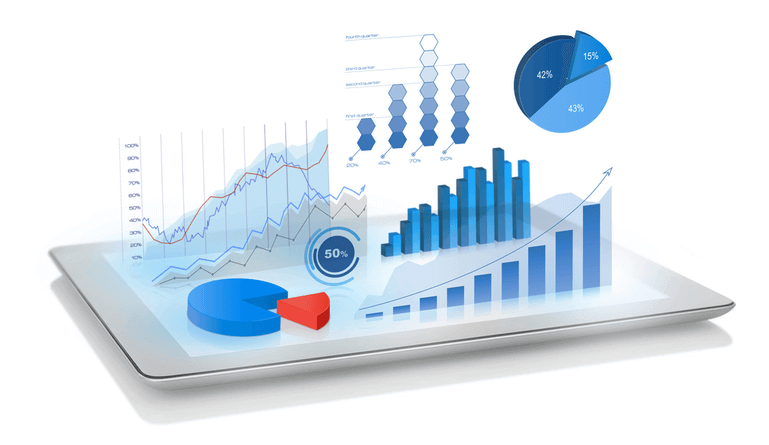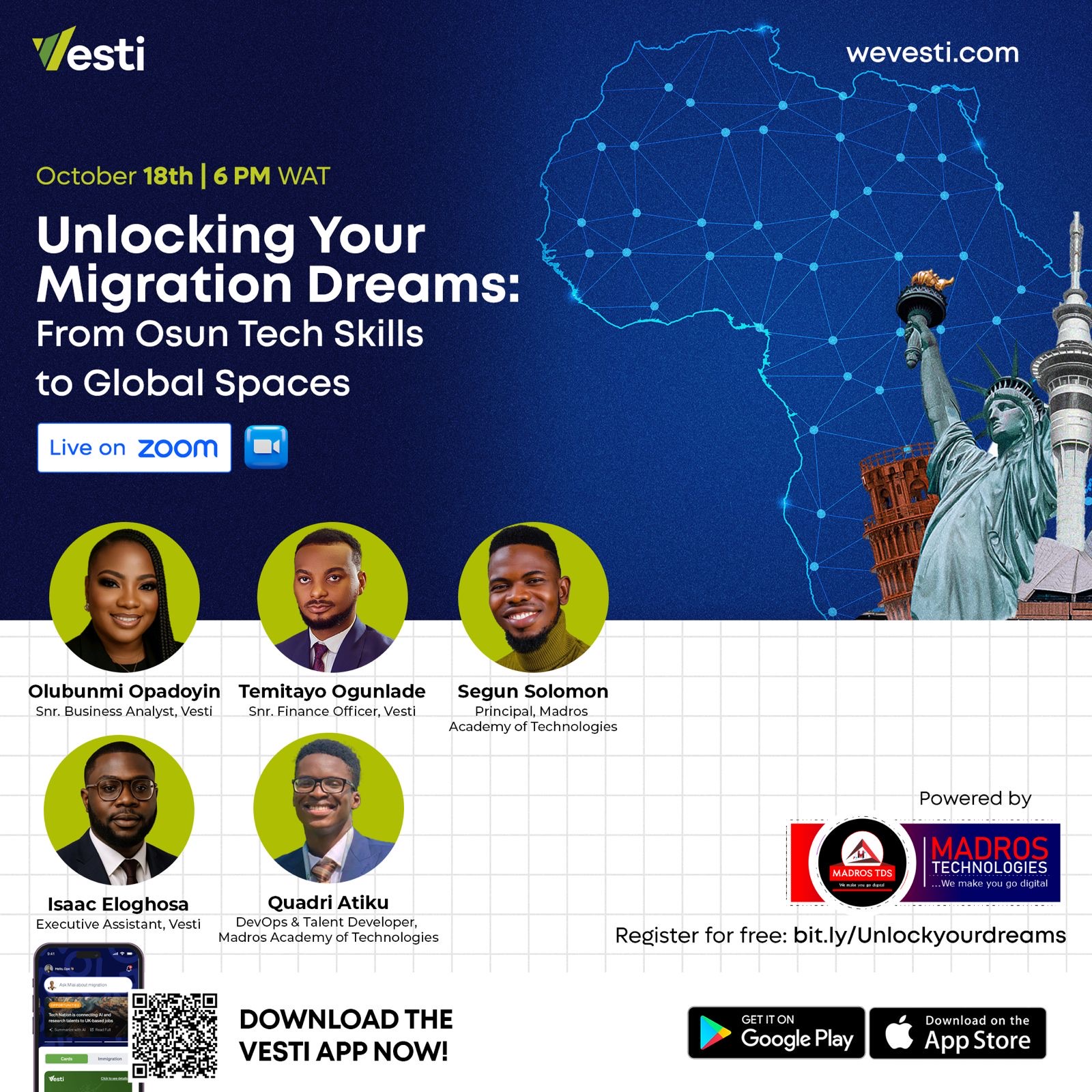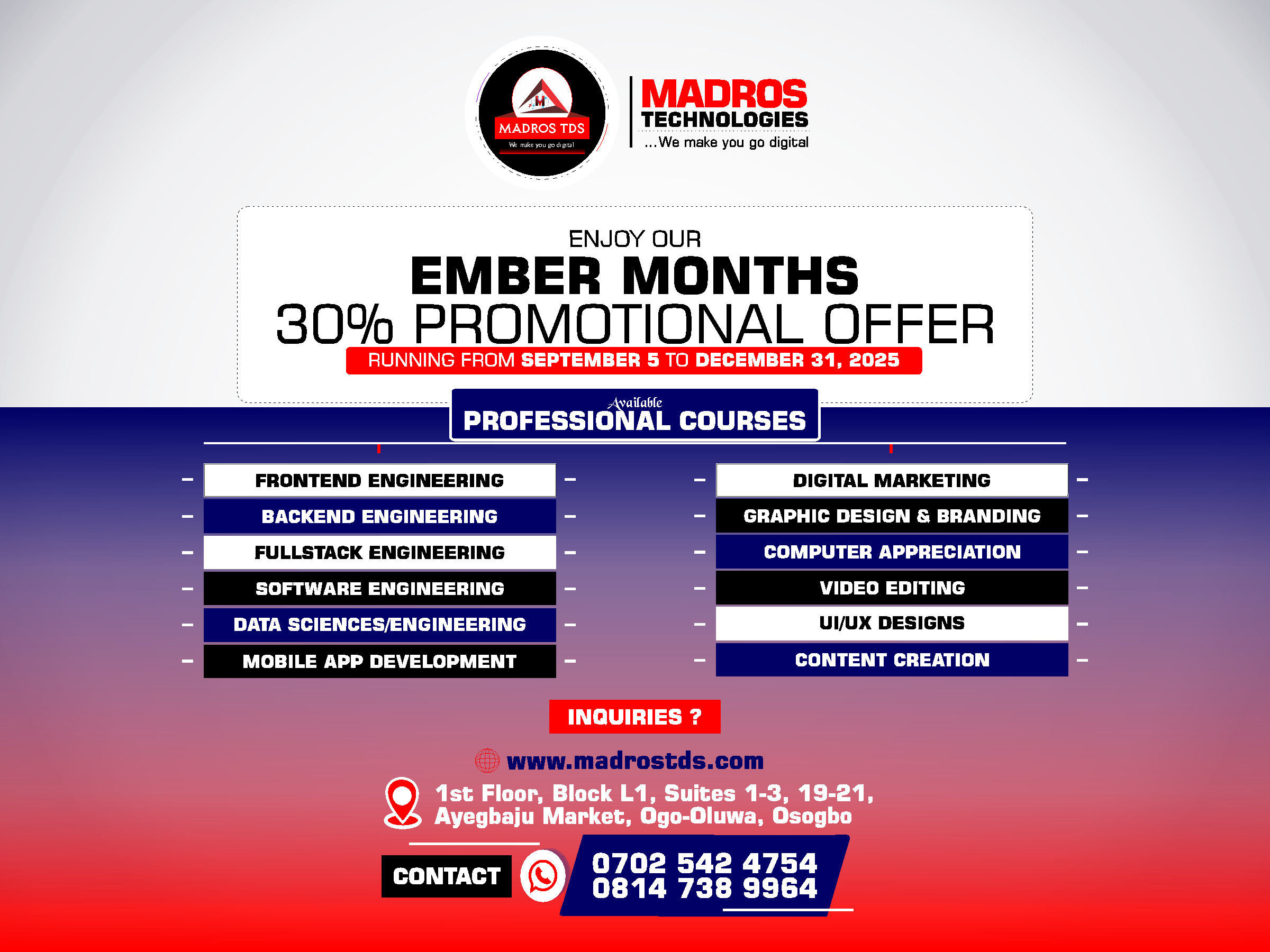Introduction to Data Science: A Comprehensive Overview

In today’s data-driven world, the convergence of content marketing and data science has revolutionized the way businesses approach their marketing strategies. As we prepare to step into 2025, it’s crucial for marketers to embrace innovative content strategies that leverage data science principles to enhance decision-making and drive effective marketing outcomes. This article will delve into the fundamentals of data science, explore its implications for content marketing, and outline effective strategies that will position your brand for success in the coming year.
Understanding Data Science
Data science is the multidisciplinary field that combines statistics, computer science, and domain expertise to extract meaningful insights from data. It involves the use of various tools and techniques to collect, analyze, and interpret large sets of structured and unstructured data. As organizations have increasingly recognized the value of data, the implementation of data science initiatives has grown exponentially.
According to the McKinsey Global Institute, businesses that harness the power of data can outperform their competitors by 20%. This potential encompasses numerous benefits, including increased customer satisfaction, optimized processes, and ultimately, improved profitability.
The Components of Data Science
Data science comprises several core components:
Data Collection: This involves gathering data from various sources—ranging from internal systems to external databases and social media channels.
Data Cleaning: Raw data often contains errors and inconsistencies. Data cleaning is crucial for ensuring accuracy and reliability in analysis.
Data Analysis: After cleaning the data, it undergoes analysis using statistical techniques to uncover patterns, trends, and correlations.
Data Visualization: This component involves presenting the analyzed data in a visual format, making it easier to understand and interpret, often through dashboards or various graphical formats.
Machine Learning: A subset of data science that utilizes algorithms to learn from and make predictions based on data, optimizing processes over time.
Big Data Technologies: These include tools and frameworks designed to handle vast volumes of data efficiently, like Apache Hadoop and Spark.
Why Data Science Matters for Content Marketing
In the context of content marketing, data science offers a powerful toolkit for understanding audience behavior, segmenting users, and predicting future trends. Here are some key benefits:
Audience Insights: Data science allows marketers to gather and analyze data about customer preferences, demographics, and behaviors, enabling a deeper understanding of their target audiences.
Personalization: Using data-driven insights, marketers can create personalized content that resonates with individual users, boosting engagement and conversion rates.
Performance Measurement: Data science enables continuous analysis of content performance, allowing marketers to optimize strategies based on real-time feedback and trends.
Predictive Analytics: By analyzing historical data and trends, marketers can anticipate future behavior, enabling proactive decision-making that enhances content strategy effectiveness.
Effective Content Marketing Strategies for 2025
As we move into 2025, marketers should focus on applying data science principles to enhance their content marketing strategies. Here are several actionable approaches to get started:
1. Leverage Audience Segmentation
Effective audience segmentation is paramount for personalized content marketing. Data science algorithms can analyze myriad data points to categorize customers into specific segments based on their behavior, preferences, and demographic information. For instance, tools like Google Analytics can provide insights into user demographics and behaviors, allowing you to tailor content specifically to target groups.
Strategy Implementation:
- Utilize platforms such as Segment or HubSpot to collect detailed user data.
- Create targeted content strategies for each segment to enhance relevance and engagement.
- Monitor segment performance and adjust strategies based on analytics data.
2. Prioritize Data-Driven Decision Making
Using data analytics to inform your content decisions can significantly enhance the effectiveness of your marketing efforts. This involves analyzing metrics from past campaigns to gauge audience reactions and preferences.
Strategy Implementation:
- Develop a routine for reviewing key performance indicators (KPIs) such as organic traffic, engagement rates, and conversion metrics.
- Implement A/B testing to compare different content formats, headlines, and distribution channels for optimal results.
- Use insights gathered from your analytics to continuously refine your content strategy.
3. Focus on Content Personalization
Personalization has become a key factor in the success of content marketing. Consumers appreciate brands that deliver tailored experiences aligned with their preferences and needs. Leveraging data insights allows for greater personalization in content delivery.
Strategy Implementation:
- Utilize tools like Optimizely to customize website content based on individual user behavior.
- Create dynamic content that changes based on user interactions to maintain engagement.
- Use email marketing platforms like Mailchimp to segment audiences and send tailored email campaigns that resonate with specific customer interests.
4. Enhance Predictive Analytics
Predictive analytics enables marketers to forecast future behavior based on current and historical data—making it a powerful ally in strategy development.
Strategy Implementation:
- Invest in predictive analytics tools like Tableau or SAS to analyze past content performance and predict future trends.
- Tailor content topics and formats based on data-driven forecasts about what will resonate with your audience next.
- Implement scenarios of user behavior, such as potential churn, to devise retention strategies that keep your audience engaged.
5. Embrace Interactive Content
Interactive content, which encourages user participation, can be incredibly effective for engaging audiences. From quizzes and polls to interactive infographics, this type of content often generates more shares and higher engagement.
Strategy Implementation:
- Use platforms like Typeform or SurveyMonkey to create interactive content that captures user input.
- Incorporate quizzes related to your niche that share valuable insights or recommendations based on user responses.
- Track user engagement with interactive content and use data to refine future iterations.
6. Invest in Visual Storytelling
Visual content is more engaging than text-based content, making it a vital component of effective content marketing. When combined with data science principles, marketers can create compelling visual stories that resonate with their audience.
Strategy Implementation:
- Use data visualization tools like Infogram or Canva to present complex data in an engaging and accessible way.
- Create shareable infographics that summarize data findings related to your brand or industry.
- Experiment with videos and animations that illustrate data points in a narrative format, fostering greater understanding and retention.
7. Utilize Advanced SEO Techniques
Search engine optimization (SEO) remains a critical component of content marketing success. In 2025, utilize advanced SEO strategies informed by data analysis to enhance content visibility and reach.
Strategy Implementation:
- Conduct thorough keyword research using tools like SEMrush or Ahrefs to identify relevant terms and topics your audience is searching for.
- Monitor ranking performance and adjust strategies based on what keywords are driving traffic to your site.
- Adopt a holistic SEO strategy that incorporates technical SEO, on-page optimization, and content marketing for comprehensive visibility.
8. Foster Community Engagement
Creating a community around your brand can significantly amplify your content marketing efforts. Engaging with your audience fosters loyalty and encourages user-generated content (UGC), which is a trusted resource.
Strategy Implementation:
- Use social media platforms to create communities where customers can interact with your brand and each other. Platforms like Facebook Groups can be effective for this.
- Encourage user-generated content and reviews that showcase your products or services positively.
- Regularly engage with community members, respond to comments, and incorporate feedback to enhance your content strategy.
9. Continuous Learning and Adaptation
The digital landscape is constantly evolving, making it vital to stay informed about the latest data science and marketing trends. Continuous learning can provide marketers with new strategies and insights that enhance their content marketing efforts.
Strategy Implementation:
- Enroll in online courses related to data science and digital marketing via platforms like Coursera or edX.
- Subscribe to industry podcasts and webinars for the latest insights and actionable strategies.
- Attend conferences and networking events to learn from industry leaders and share knowledge with peers.
Conclusion
As we enter 2025, the intersection of content marketing and data science represents an exciting frontier for marketers. By employing effective data-driven strategies, businesses can enhance their decision-making processes, deliver personalized experiences, and build long-term relationships with their audiences.
Leveraging data science principles will not only improve content effectiveness but also drive higher engagement and conversion rates. Embrace these content marketing strategies in the coming year to position your brand ahead of the competition and foster a deeper connection with your audience.
For further insights on content marketing and data science, you may want to consider taking a professional course with Madros Technologies. I have also created the "Code with Solomon" as an online tech skill-up initiative for tech enthusiasts like you and other tech adventure beginners. This is a weekend-only program that aims to train interested individuals in diverse skills, including Digital Marketing. You can learn more about it here. You should also consider exploring valuable resources from the Content Marketing Institute, the Data Science Association, and the MarketingProfs community.
By prioritizing data-driven decision-making, marketers can unlock the full potential of their content strategies, yielding measurable results and lasting brand loyalty this year and beyond.
If you found this content useful, please do well to share:
Blog Search
Latest Posts

Unlocking Your Migration Dreams: From Osun Tech Space to Global Spaces
October 13, 2025Gain visa insights, tech skills, & funding for global success. Join Our Webinar with VESTI on October 18th and unlock your migration dreams for a global fut

Unlock Your Tech Future: Seize a 30% Discount on Professional Tech Courses at Madros Technologies!
September 6, 2025Ready for a career change? Madros Technologies offers 30% OFF expert-led tech training. Master in-demand skills like Software Engineering, Digital Marketing, Da

Quick Window Offer: Extended August Discount Offer – Your Tech Dreams, 40% Off!
August 12, 2025Transform your future with 40% off Madros Technologies courses! Gain job-ready skills in coding, design, and digital marketing fields. This is an extended disco

Your Tech Dream: Closer Than You Think (And Half Off!)
July 5, 2025Unlock your tech potential with Madros Technologies! Get 50% off cutting-edge courses & transform your future. Your dream career starts here.

Using Figma: Tutorial for Beginner Product Designers
June 7, 2025A beginner’s walkthrough of Figma for prototyping and design collaboration

Top 5 Video Editing Software for Beginners
June 7, 2025Discover the best tools for newbie editors to create stunning videos easily
